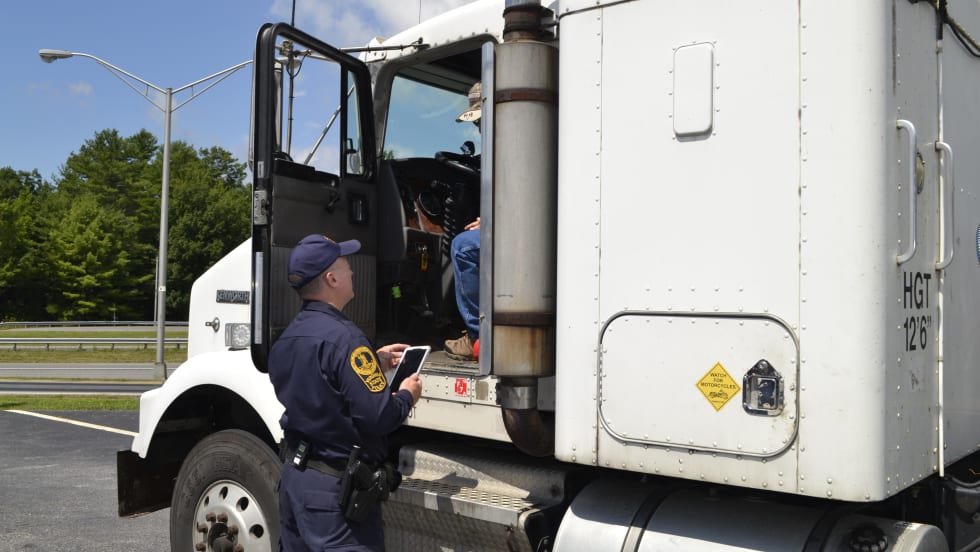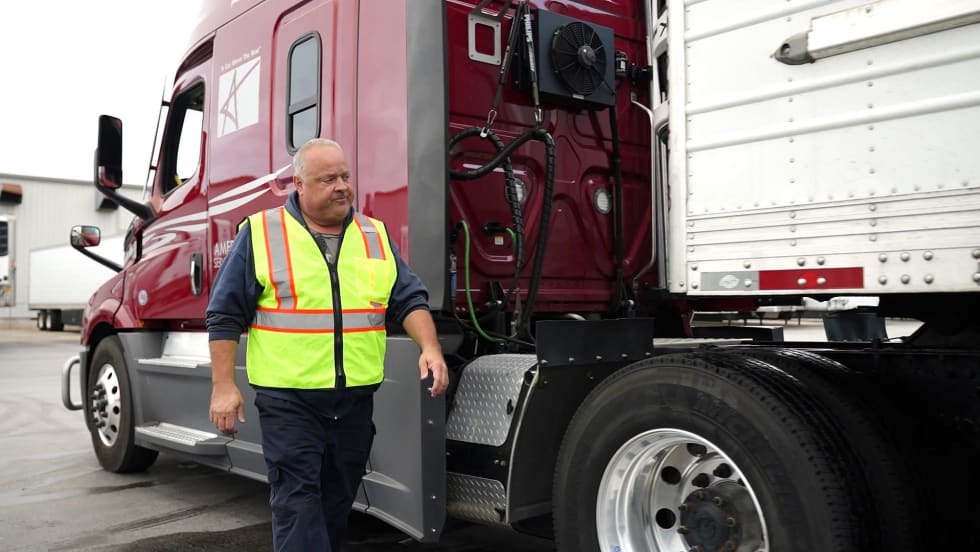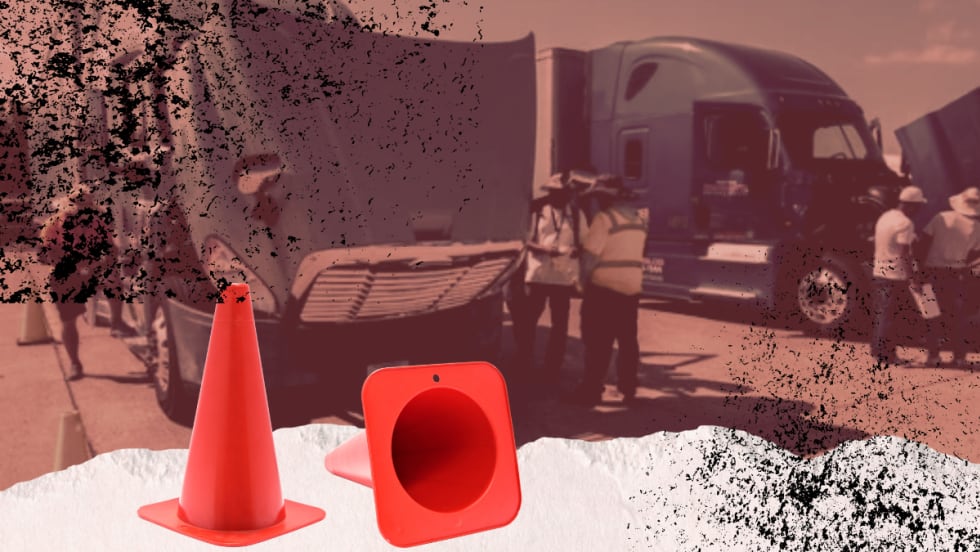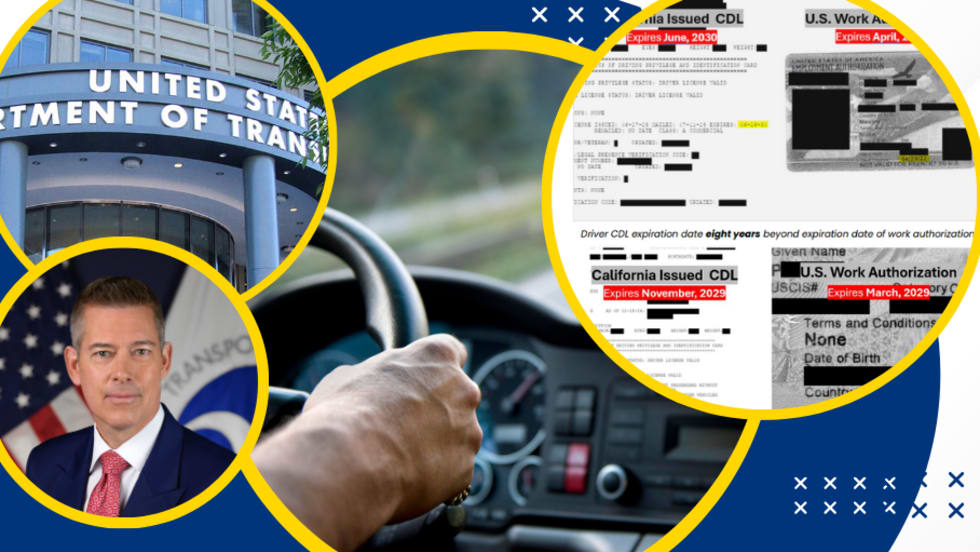The law regarding independent contractors in California has drastically changed over the past year, potentially creating a substantial amount of monetary risk for trucking companies.
It is critical for trucking companies that use contractors for work in California, whether through direct contracts with drivers or leasing arrangements, to understand how the changing law affects their business, the risks of inaction, and how they can minimize the risk to protect their business.
Current California law
On April 30, 2018 the California Supreme Court issued a decision in Dynamex v. Superior Court that created an entirely new standard for determining whether a worker is an employee or an independent contractor under the California Wage Orders.
Before Dynamex, determining whether a worker was an employee for the purposes of California’s wage and hour regulations involved a flexible, multi-factor test that focused largely on the extent to which a company controlled the manner and means of a person’s work.
However, the new test, dubbed the “ABC test,” presumes a worker is an employee and places the burden on the company to establish each of the following three factors:
That the worker is free from the control and direction of the hiring entity in connection with the performance of the work, both under the contract for the performance of the work and in fact;
That the worker performs work that is outside the usual course of the hiring entity’s business; and
That the worker is customarily engaged in an independently established trade, occupation, or business of the same nature as the work performed.
Since the Dynamex decision, courts have ruled that “prong C” of the test is only satisfied if a company can prove that a worker does in fact provide services for other entities or otherwise has an established business independent of the relationship with the company.
While this is a difficult standard to meet, it does not apply to all types of claims. Currently, the ABC test applies to worker claims under the Wage Orders or Labor Code. As a result, the new test applies to claims for unpaid wages, overtime, and missed meal and rest breaks, for example, but not to claims for workers’ compensation or wrongful termination.
Impact on Business Models
These legal developments directly impact companies that use contractors as drivers. In order to pass “prong B” of the Dynamex test, a company must show that a worker is performing work outside of the usual course of the company’s business. If a company’s business is trucking, transportation or logistics, then it will be very difficult for truck drivers to pass this part of the test. In addition, the drivers would have to have independently established businesses or provide trucking services to other companies.
Some companies use business models in which they lease a truck to a driver. These models may be able to pass the new test depending on the unique circumstances in each situation. However, a court may still rule that the leasing company’s real business is trucking or transportation and therefore that the drivers are performing work within that line of business.
The risks of misclassifying a worker are substantial. The government has been aggressive in seeking unpaid taxes and penalties. The driver may also bring a claim for unpaid wages, including overtime, benefits, and penalties. The potential risk for a single claim from a driver may be hundreds of thousands of dollars.
Minimize Risk and Stay Alert
If your company uses independent contractors, it should immediately assess how the changes in the law impact your contractor relationships. There may be changes that allow the contractor relationship to continue.
For example, in a leasing context, the contract and performance expectations between the company and contractor may be modified to fit the new legal standard. In other cases, however, a company may have to decide whether it will make more significant changes to its business model.
Companies should stay alert for continuing changes. In response to the Dynamex decision, the California Legislature has drafted Assembly Bill 5. The bill would expand the scope of the Dynamex ABC test from Labor Code and related regulatory issues to possibly all areas of the law, including workers’ compensation and unemployment benefits.
That bill is progressing through the California Legislature now and may be signed into law soon. In fact, there has recently been discussion that legitimate trucking owner-operators may be exempt from the change in the law. The discussion and lobbying efforts behind that change are ongoing. In addition, there may soon be guidance from the California Supreme Court about whether the Dynamex decision and test apply retroactively.
With the law ever changing, companies are encouraged to stay alert on the issue and contact their counsel if they have questions about how the changing law applies to their specific situation.
Editor’s Note:Joel M. Van Parys is a partner at Carothers DiSante & Freudenberger LLP, a California-based law firm specializing in employment, labor, and business immigration law.This article was authored under the guidance and editorial standards of HDT’s editors to provide useful information to our readers.












